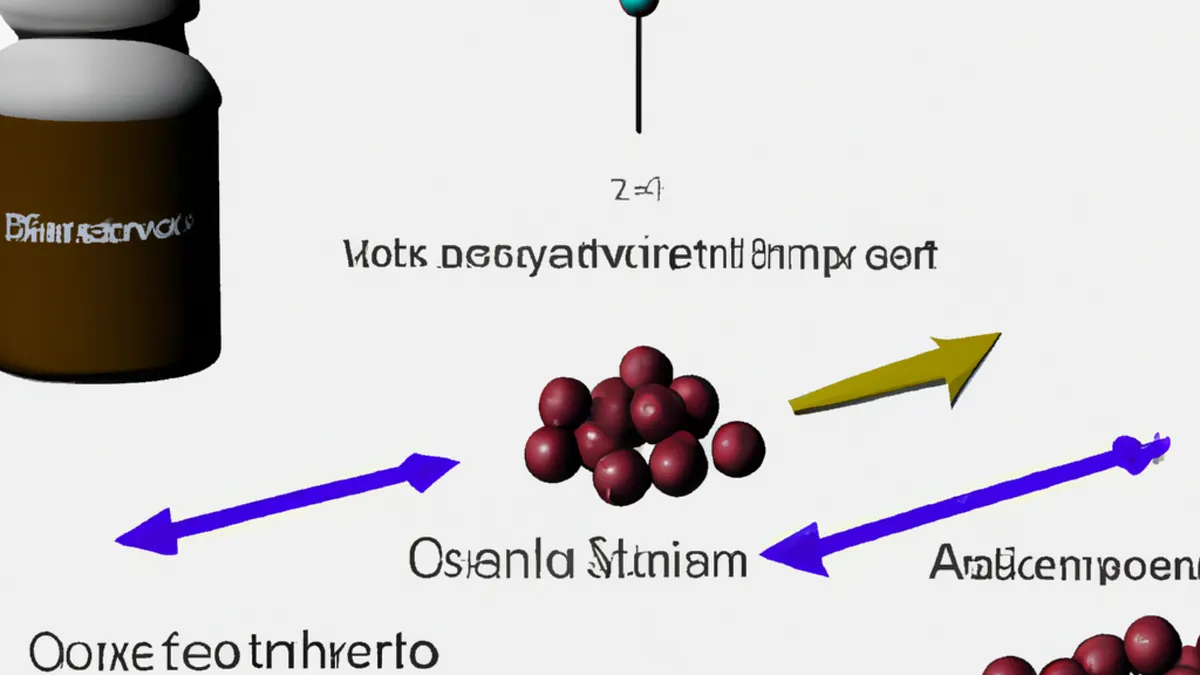Energize Your Team with Beta-Alanine Insights
The Role of Beta-Alanine in Enhancing Team Sports Performance
In team sports, every competitive edge matters. Athletes seek ways to optimize their performance through rigorous training. Beta-alanine has emerged as a popular supplement for enhancing athletic performance. This non-essential amino acid boosts endurance, strength, and overall athletic ability. This post explores how beta-alanine helps athletes achieve their goals, the science behind it, and practical incorporation tips.
Understanding Beta-Alanine
Beta-alanine occurs naturally but does not incorporate into proteins. It serves as a precursor to carnosine, a dipeptide formed from beta-alanine and histidine. Carnosine, found in skeletal muscle, buffers acid accumulation during intense exercise. Strenuous activities lead to lactic acid build-up, causing fatigue and impairing performance. Beta-alanine increases carnosine levels in muscles, helping athletes delay fatigue and sustain performance longer.
The Science Behind Beta-Alanine
When you consume beta-alanine, your body converts it into carnosine. Carnosine regulates pH levels in muscle cells. High-intensity exercise produces hydrogen ions, lowering pH and creating acidity in muscles. This acidity causes fatigue and hampers muscle contraction. Beta-alanine raises carnosine levels, buffers acidity, delays fatigue, and enhances performance.
Research shows that beta-alanine supplementation improves exercise capacity and performance. A meta-analysis reveals that beta-alanine enhances performance in activities lasting 1 to 4 minutes. This duration often aligns with high-intensity bursts in team sports. Athletes in soccer, basketball, rugby, and hockey benefit greatly from this supplement.
Recommended Dosage
For optimal results, studies recommend a daily intake of 3 to 6 grams of beta-alanine. It may take weeks of consistent supplementation to increase muscle carnosine levels significantly. Therefore, athletes should incorporate beta-alanine into their training well before competitions. Some may experience paresthesia, a tingling sensation, as a common side effect. Although harmless, this sensation can be uncomfortable. Athletes can mitigate it by spreading their daily dose throughout the day.
Tips for Incorporating Beta-Alanine
1. **Start with a Lower Dose**: If you are new to beta-alanine, begin with a lower dose (around 2 grams).
Conclusion
In summary, beta-alanine enhances athletic performance by delaying fatigue and improving endurance. Athletes can benefit greatly from this supplement.
Below are related products based on this post:
FAQ
What is beta-alanine and how does it benefit athletes in team sports?
Beta-alanine is a non-essential amino acid that serves as a precursor to carnosine, a dipeptide found in skeletal muscle. It helps buffer acid accumulation during intense exercise, which delays fatigue and allows athletes to sustain their performance longer. This is particularly beneficial for team sports that involve high-intensity bursts of activity.
How much beta-alanine should athletes take for optimal performance?
For optimal results, studies recommend a daily intake of 3 to 6 grams of beta-alanine. It’s important for athletes to start their supplementation well before competitions, as it may take weeks to significantly increase muscle carnosine levels.
Are there any side effects associated with beta-alanine supplementation?
Some individuals may experience paresthesia, which is a tingling sensation that can occur with beta-alanine intake. While this side effect is harmless, it can be uncomfortable. Athletes can reduce this sensation by spreading their daily dose throughout the day.















Post Comment